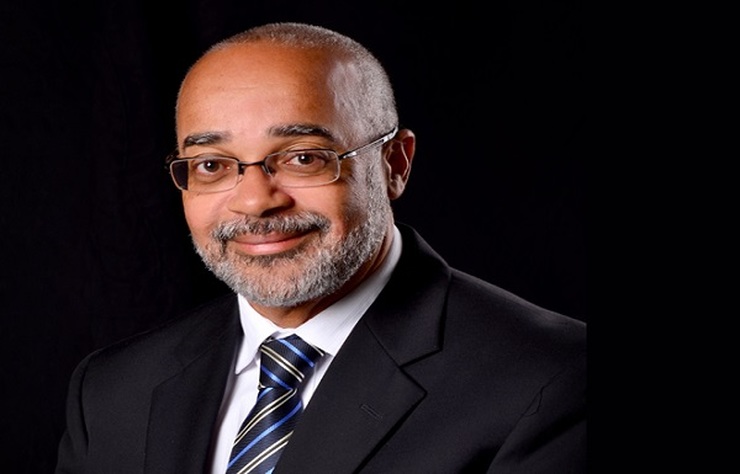|
OECS Director General believes the JJRP will help address major deficits in the region’s justice system, and particularly as it relates to juveniles. Phase one of the OECS/USAID Juvenile Justice Reform Project came to close in Dominica on Friday June 10, 2016.
The JJRP project aims to reform the existing juvenile justice systems of the six (6) independent member States, and to strengthen the same through the application of reform measures applied both nationally and sub-regionally, for improving the situation of young people in trouble with the law. It has a strong focus on a rehabilitative approach, and also aims to enhance public safety. Dr. Jules stated that the project has helped OECS members to understand the antecedents and where juvenile offenders’ behaviors have come from. “No young person is just a criminal. It is the condition under which they are raised, and it is the support in the society, that is required to help them find the right path.” The JJRP was launched in 2011, and is a joint initiative of the OECS and USAID. Dr. Jules noted that the project has undertaken seven major initiatives, some of which are regional. One of the initiatives is the use of diversion as an alternative sentencing option for juveniles. “It is very important that we do not just send people to jail for offences, especially first offenders. People are looking for different solutions that can work, and ensure that people do not become repeat offenders.” One example Dr. Jules gave is that if someone steals yams from a farmer, sending them to jail should not be the answer. “Instead that person should be sentenced to working on that same farm to produce yams. That would give them a sense of how hard it is to produce yams and give them a different perspective of the situation,” Dr Jules proposed. Magistrate Gloria Augustus pointed out that the JJRP is necessary because juveniles need to be treated differently from adults and offending juveniles need to be rehabilitated. “This project gave us the opportunity through which we were able to examine critical aspects of the system which does not begin at the doors of the police station or the court. The Juvenile Justice system begins with prevention.” Augustus also noted that assistance received under the project has placed Dominica in a much better position than it was in 2012. She added that Dominica has been given more than the basic tools, which will ensure that the juvenile Justice system is humane and rational, child centered, multidisciplinary and specialized. “Reform is a process and not a onetime event. The OECS/USAID Juvenile Justice Reform project has set the foundation for a new era for improving the lives of our juveniles in conflict with the law. If we are serious about juvenile justice, this project is a clear blessing in disguise”. Meanwhile, United States Ambassador to Barbados & the OECS, Linda Taglialatela, congratulated the various organizations that continue to work with juveniles, and to make Juvenile Justice reform a reality.
0 Comments
Your comment will be posted after it is approved.
Leave a Reply. |
Q95 NewsCurrent and past news stories. Archives
July 2024
Categories |
ServicesAdvertising • Marketing • Promotions
News • Talk shows • Factual, Fair, Balanced Health • Advice • Events * Youth * Nutrition Kiddies program • Political views * Economy Information • Education • Entertainment |
|
|
Proudly powered by Weebly
|
Copyright.© 2000. All rights reserved. • WICE / Q95FM Radio, 10 Hanover Street, Roseau, Dominica • 1.767.448.5822 • 305.906.4216 • 347.430.4261
Designed and developed by Nicholes Designs


 RSS Feed
RSS Feed

































